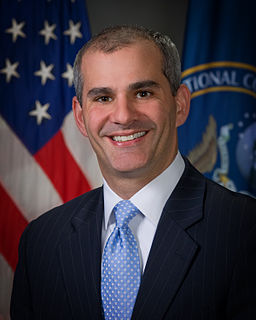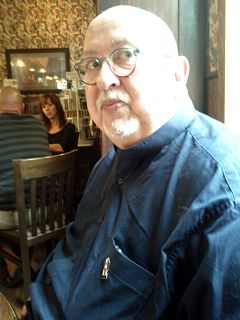A Quote by Aaron Koblin
There's something that happens with the collection of a large amount of data when it's dumped into an Excel spreadsheet or put into a pie chart. You run the risk of completely missing what it's about.
Related Quotes
As we move into an era in which personal devices are seen as proxies for public needs, we run the risk that already-existing inequities will be further entrenched. Thus, with every big data set, we need to ask which people are excluded. Which places are less visible? What happens if you live in the shadow of big data sets?
Scientific data are not taken for museum purposes; they are taken as a basis for doing something. If nothing is to be done with the data, then there is no use in collecting any. The ultimate purpose of taking data is to provide a basis for action or a recommendation for action. The step intermediate between the collection of data and the action is prediction.
The USA Freedom Act does not propose that we abandon any and all efforts to analyze telephone data, what we're talking about here is a program that currently contemplates the collection of all data just as a routine matter and the aggregation of all that data in one database. That causes concerns for a lot of people... There's a lot of potential for abuse.








































